If you want a new job, act like you already have one.
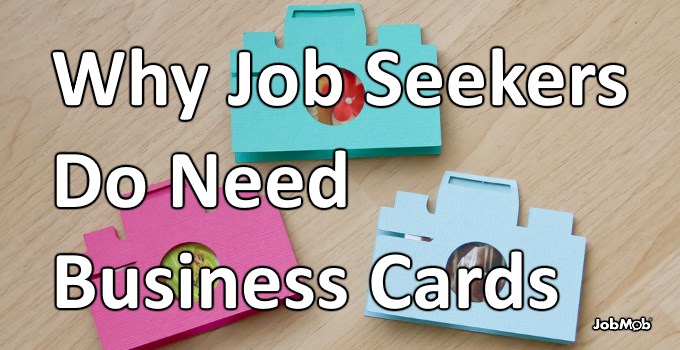
For most people, a business card is a tool your employer gives you to help connect with partners and clients.
But what if you currently have no employer, or just want to connect with your own partners and clients i.e. other employers?
You need your own business cards to give out when looking for a job.
Note: There is a poll embedded within this post, please visit the site to participate in this post's poll.Here are a few of the benefits of having your own business cards as a job seeker.
But first, this article is brought to you by Zazzle:

Cards are easier to carry than resumes
Paper resumes – still not dead – need a bulky carrying case or folder to keep them nice enough to give someone, and then that person needs to manage them too, which can be a big pain anywhere except at their office.
Business cards, on the other hand, fit in purses and wallets, and won't bend so easily if printed on good quality paper stock, avoiding the need for a case and making it easy to always keep a few cards in pockets because you never know who you'll meet.
Cards make you more memorable
People love faces, and we remember faces much more easily than names, but in many places, putting your face on your resume is taboo. Putting your face on your business card, however, is much more common and even expected sometimes.
Get the best of both worlds by clipping your portrait-bearing business card to every resume you hand out. That alone will make it stand out from others in a pile, and there's always a chance the recipient will un-clip your card as a reminder about you.
Cards reduce networking awkwardness
It's always a bit frustrating to not have a business card when someone asks for it. More so when they've just handed you theirs and are expecting one in return, and even more so when the reason you don't have one is because you have no employer to provide any.
Some unemployed job seekers will miss conferences and events just to avoid that kind of situation, but having your own cards means you have nothing to worry about.
Personal cards promote YOU
Career coach Jeff Altman, The Big Game Hunter, makes a great point about why you should have personal business cards even if you're employed and already have company business cards:
What information to include on your job seeker business card
There are two kinds of job seeker business cards.
1) Resume cards
Resume cards, also called mini-resume cards, are exactly what you'd imagine: a small version of your resume. If you think cutting your resume down to one page is hard, these might be a bigger challenge.
A good resume card should have your contact information, portrait, and key achievements relevant to your current job search, presented with a clear design that makes the information easy to read even at such a small size.
While clearly easier to carry than a full-size resume, and amazingly effective when done well, resume cards are most useful when given to people you've specifically discussed job search with.
Here are a few resume card samples:
Designer
Graphic Designer
Web Designer
2) Personal business cards
The other kind of job seeker business card is the personal business card: a standard-looking business card, but with no mention of a job search or employer. It's only about you. The impression given is that you work for yourself, and in a very real sense, that is exactly what every job seeker does.
A good personal business card must have:
- Your portrait
- Contact information: full name, one phone number (mobile is best), job search email address. Mailing address is a waste of space in most cases
- Job title or profession you want to be known for (might not be related to your most recent job). It's also ok to put that you're an industry expert or consultant
- Url (and/or QR code of) of a website about you professionally. This could be a personal website, online work portfolio, LinkedIn profile or other high-powered social media profile, etc.
- Clean, minimal design. If you choose from online templates, choose based on popularity
- Heavy paper card stock, which implies quality and will cost more, but it's worth it
A great personal business card might also have:
- Your personal logo, if you have one
- An unforgettable card design that's relevant to your profession
- Short versions of social network profile urls, if you use them for work (e.g. your Twitter @username)
- A bare flip-side (or back) giving recipients the option to jot a note about you. Some people will leave it partially bare except for a QR code or a short 3-4 word text: either a tagline that relates to who you are professionally and puts you in a positive light – a personal branding statement – or a list of your strongest skills i.e. the skills you most want to be known for
Best personal business card samples to inspire you
This is the card I designed myself at Zazzle:
Software Engineer
Personal Trainer
Graphic Designer (2)
Senior Interactive Producer and Technical Director
Interactive Designer and Developer
Designer (2)
Teacher/Language Specialist
Substitute Teacher
Math and Science Tutor
Photographer and Stylist
Designer (3)
Art Director
Photographer
Baby Photographer
Photographer (2)
Make-up Artist
Android Developer
DJ
Graphic Designer (3)
Graphic Designer (4)
Graphic Designer (5)
Multimedia Animator
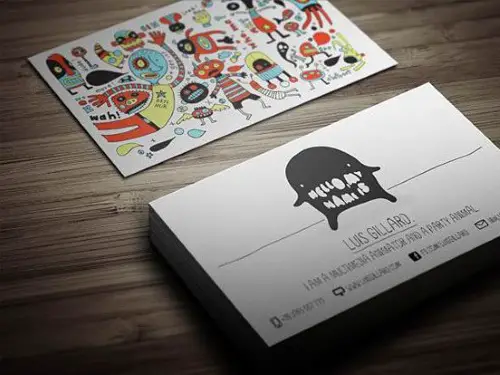
UI/UX Designer
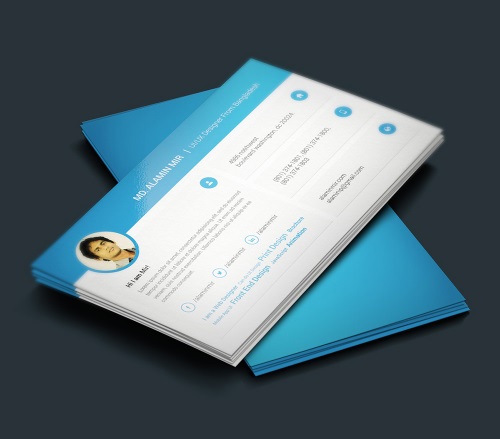
Graphic and Interactive Designer
Graphic and Web Designer
Graphic Designer and Illustrator

Personal Chef
Personal Chef (2)
Event Stylist
Music Teacher
Personal Trainer (2)
General purpose iPhone-looking card
Where to get your job seeker business cards
I use Zazzle. They have many, many templates to choose from (and you can also design your own) before getting them printed and shipped to you, even internationally. And they always seem to have discounts available.
Questions about job seeker business cards
1. Is it good idea to give out cards if looking for a job?
Yes, but only if you have your own business cards. If you're still employed and trying to keep your job search quiet, don't give out employer-provided cards.
2. I'm using a business card for my employment search. What information should I include? Or: what do you put on a business card if you're unemployed?
The same things you would see on employer-provided business cards: your name, job title, phone number, email address, etc. as listed above, except that none of the information mentioned should come from an employer.
3. What should your title be on a business card when job searching?
If it's relevant to the job you're looking for and clearly explains what you can do for a future employer, you can use your most recent job title.
Another tactic is to say you're an expert or consultant in your field or profession.
4. What are business cards called for people looking for work?
Job search business cards, (career) networking business cards, personal business cards… take your pick.
5. Wondering what to put on the back of a personal business card?
Ideally, the back or flip-side should be mostly blank, allowing the recipient a chance to note something such as the date or event where they met you. However, it's ok to include a small logo, QR code, or a few words such as a short tagline.
What others are saying
- How to Make a Personal Business Card for Networking Today (at no cost)
- Fact: You Need a Personal Business Card (+ Here's What It Should Have On It)
- 7 reasons why you need personal business cards, and 7 facts to include on them

Question of the article
What was the most impressive job seeker business card you've ever seen? Tell us in the comments.
READ NOW: 20 Classic Business Card Mistakes That Make Your Life Harder
Subscribe to JobMob via RSS or email and follow me on Twitter for more job search insights that might surprise you.
from JobMob https://ift.tt/2PxwNy9
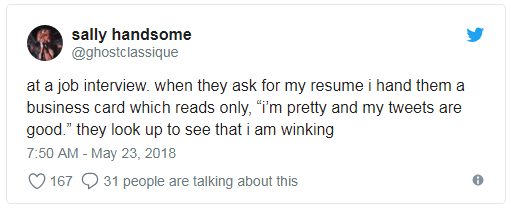
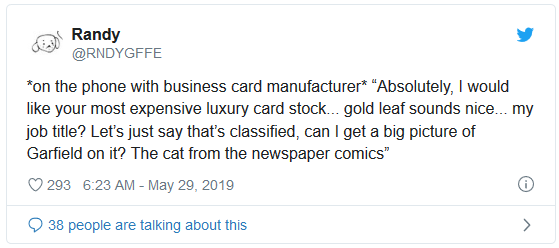
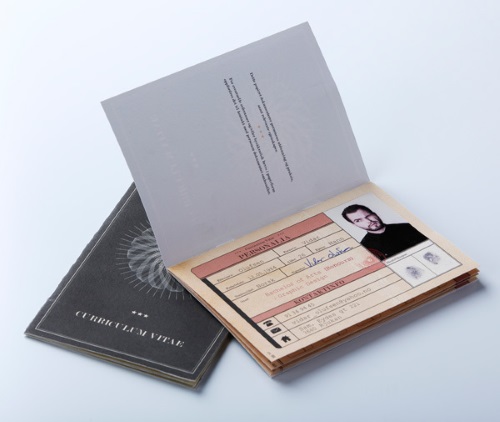
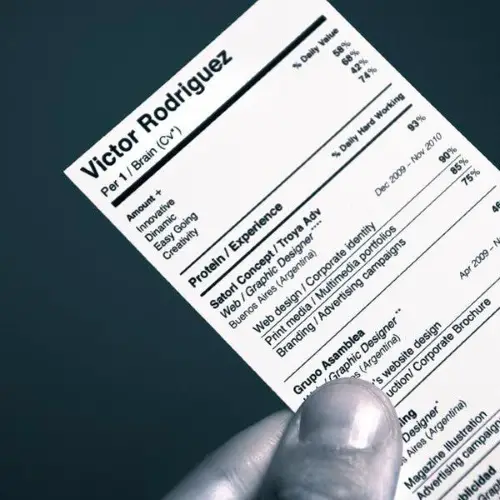
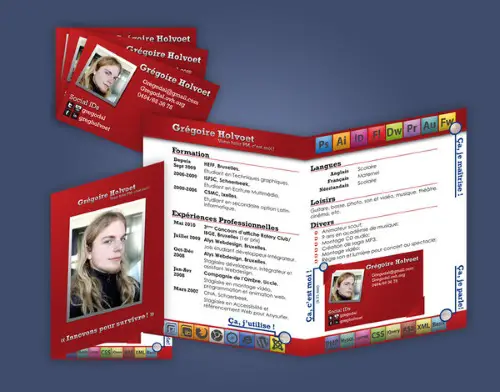
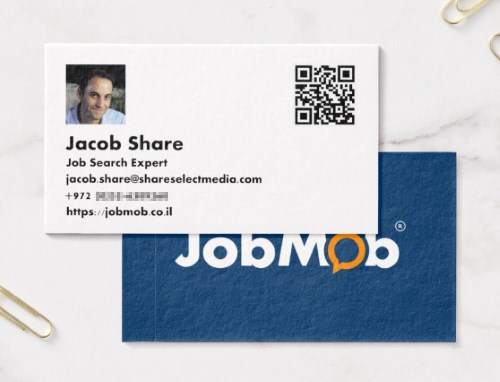
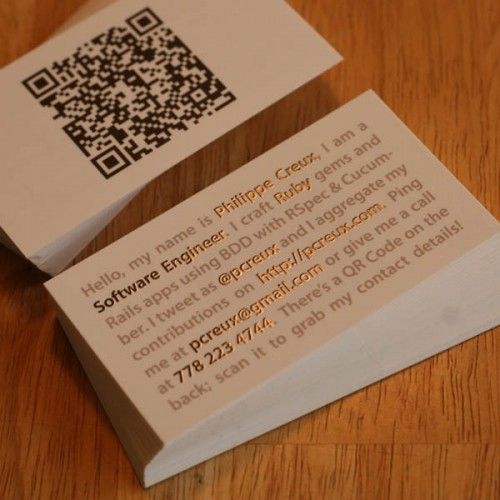
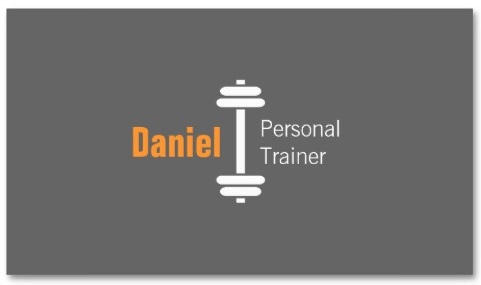
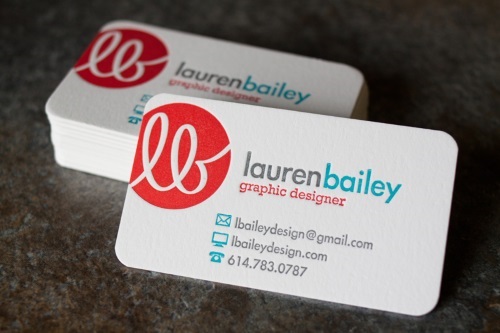
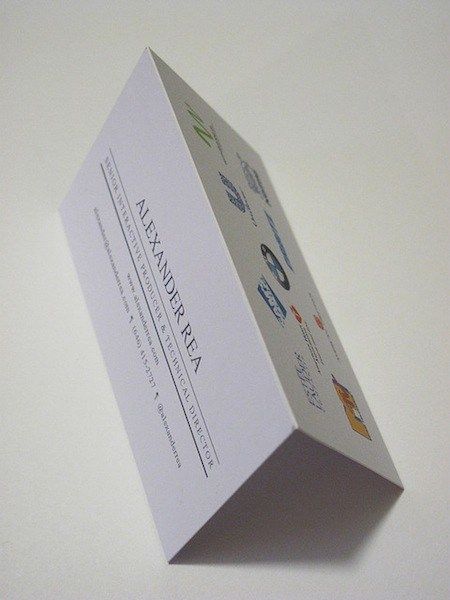
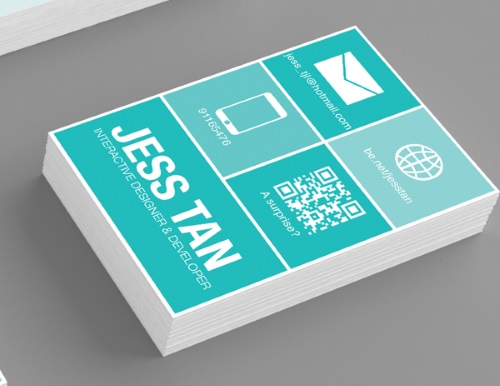
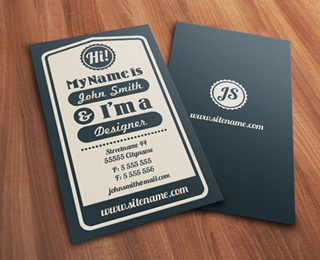
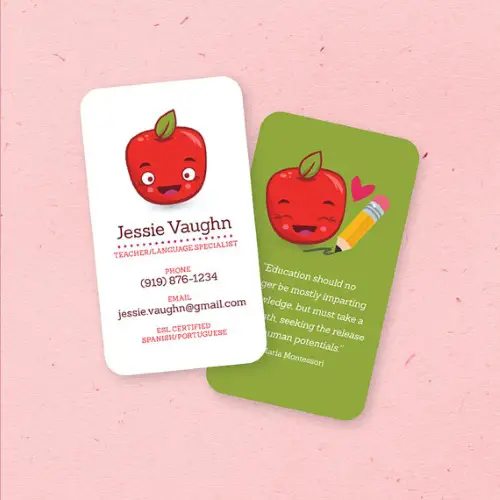
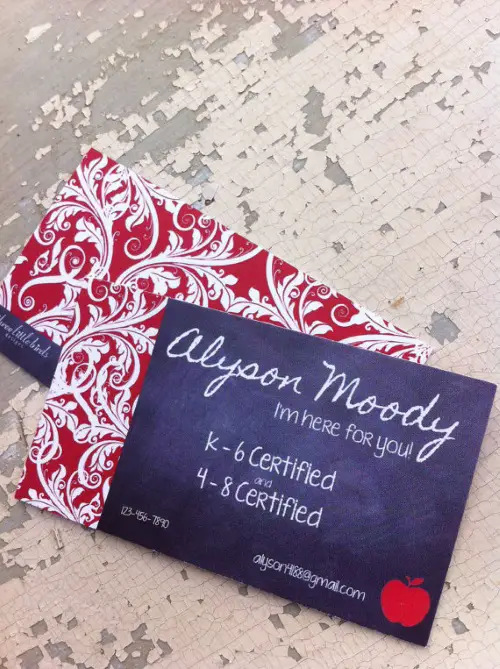
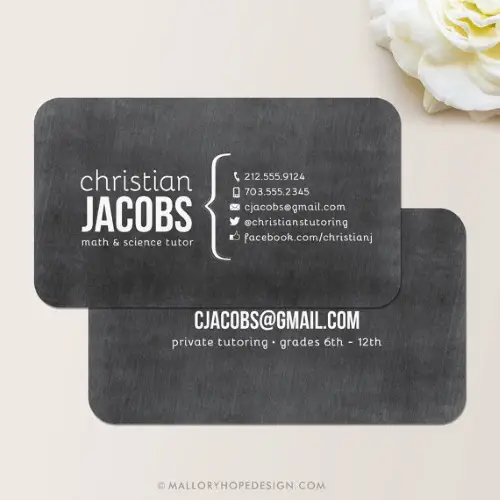
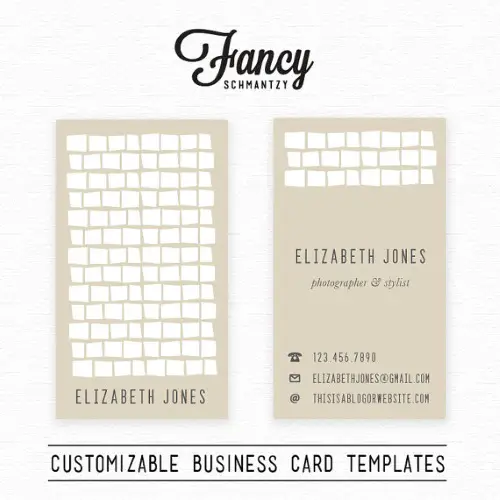
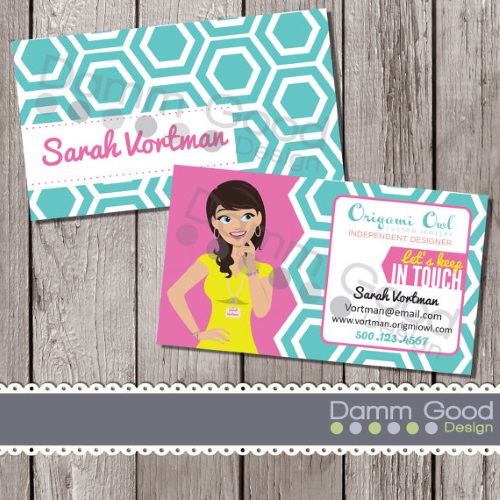
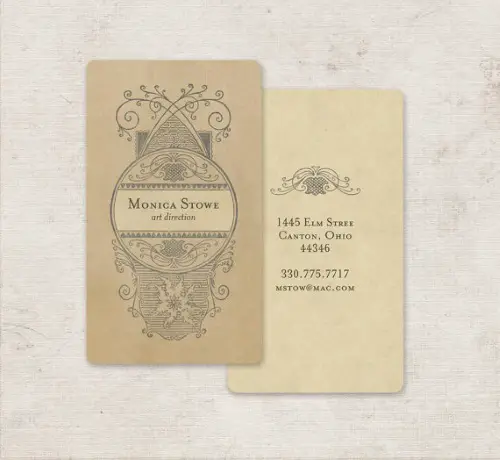
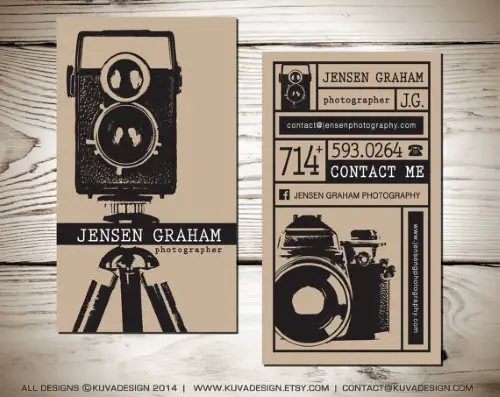
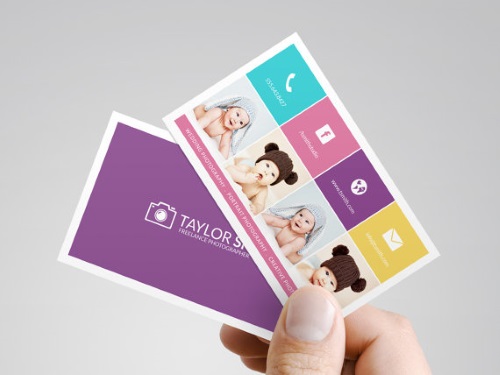
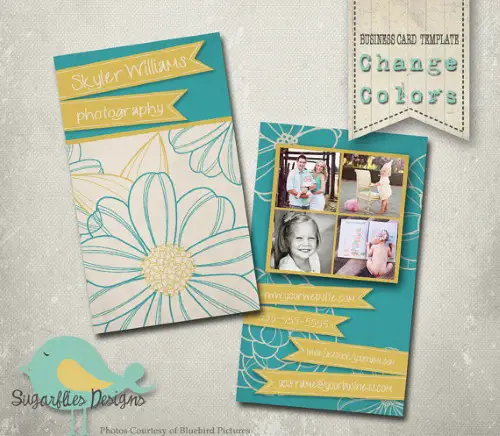
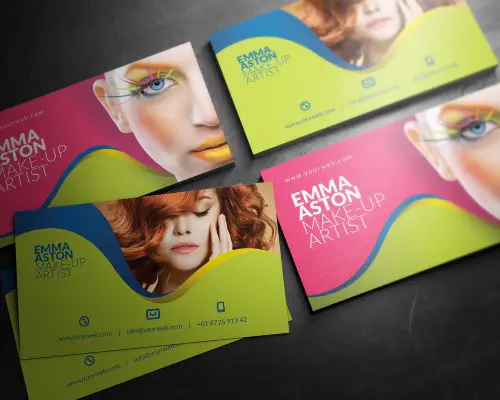
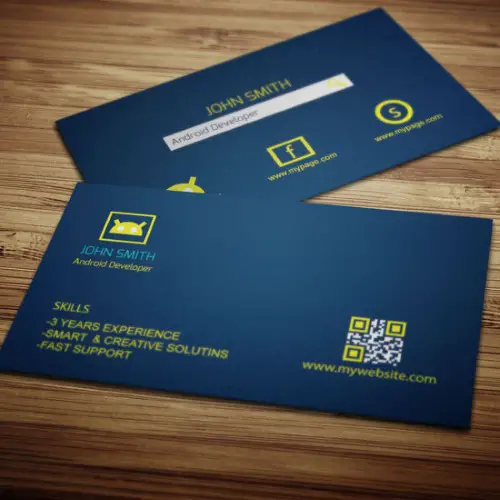
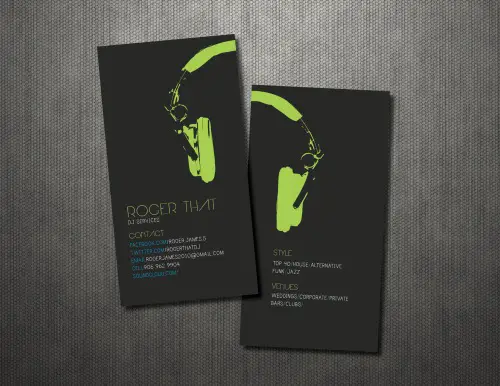
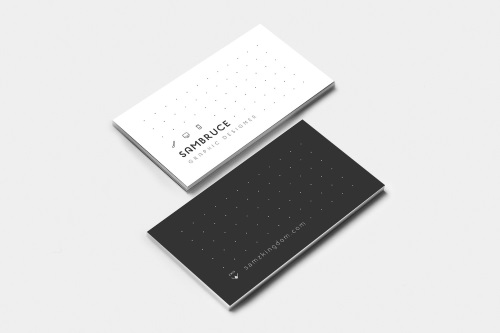

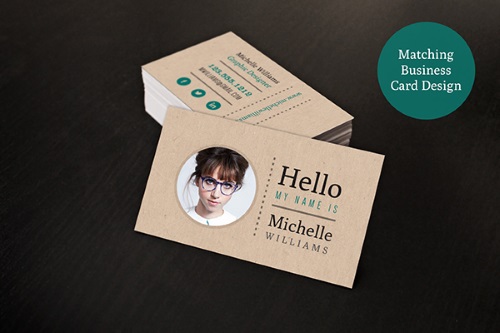
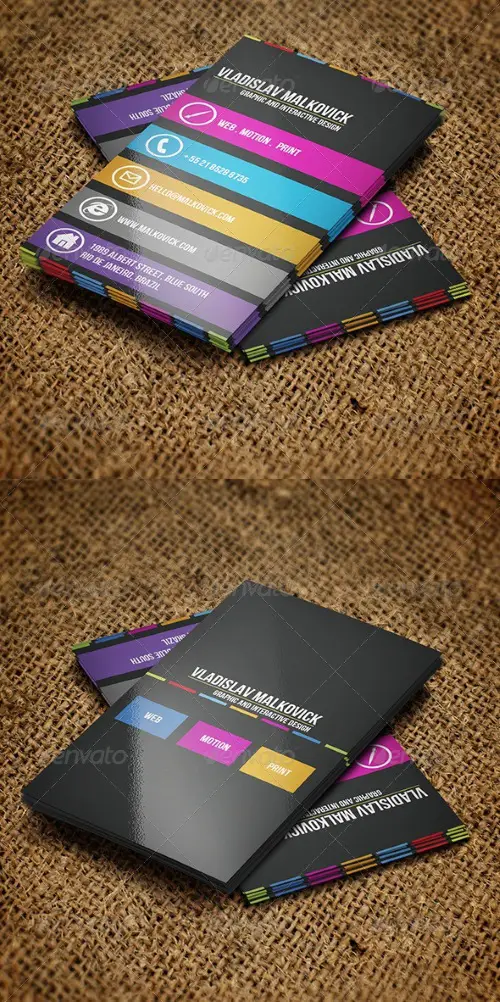

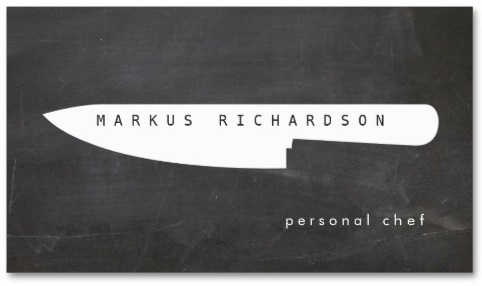
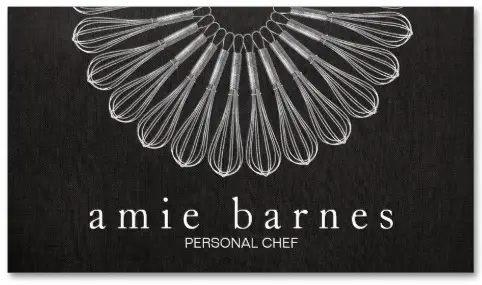
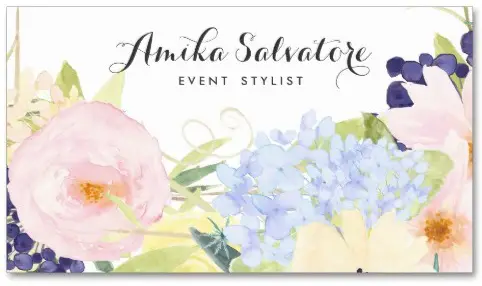
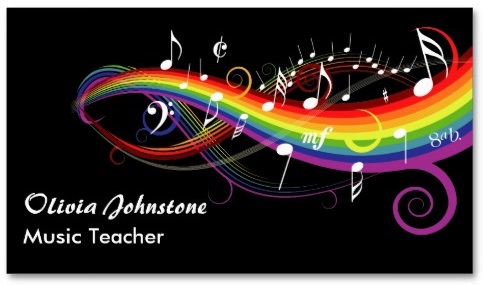
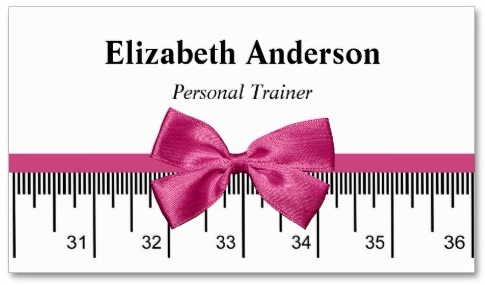
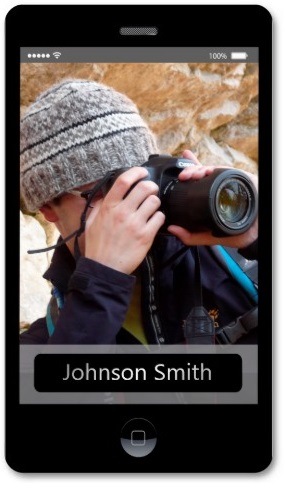
Aucun commentaire:
Enregistrer un commentaire